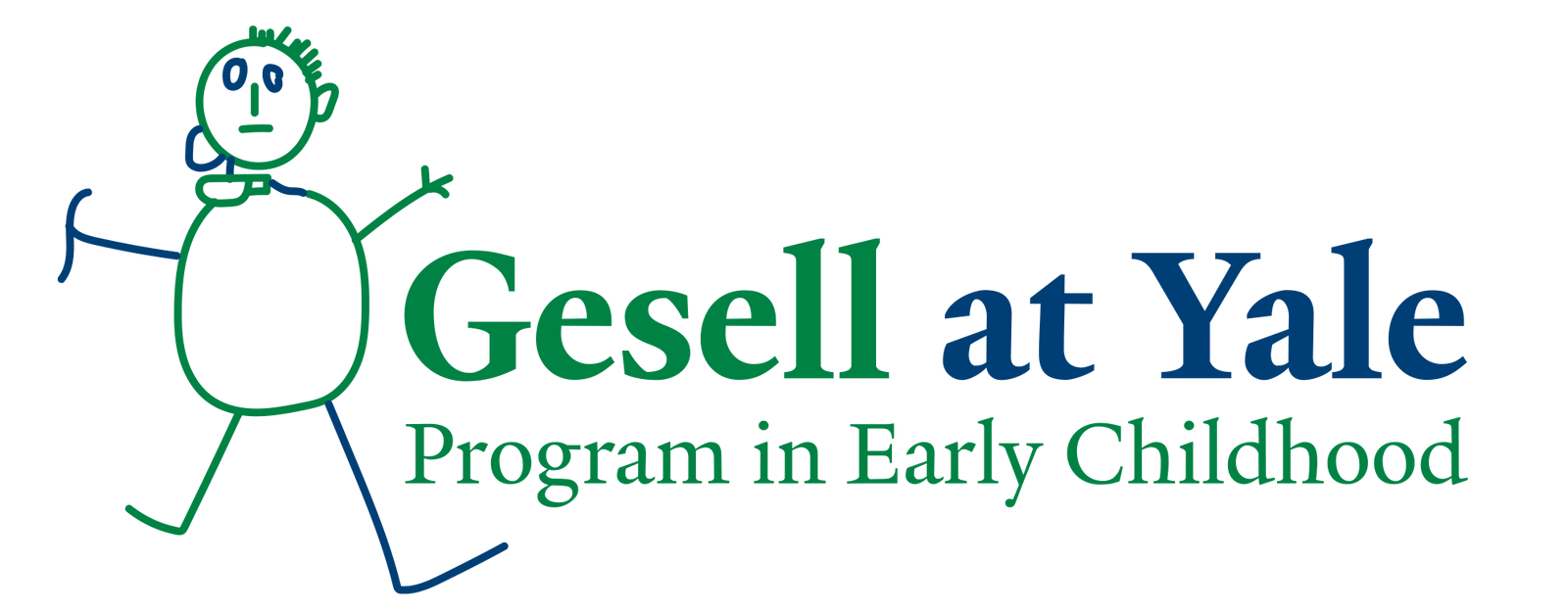Home visitors enjoy an unparalleled perspective on children and their needs. The gift of being invited into a home offers a glimpse at the natural, familial environment of a young child, and uniquely positions home visitors to be able to gather valuable information through both intentional observation and objective assessment. This informed, insider view can serve as a vital first line of defense for children facing adverse childhood experiences and/or developmental delays, and is thus integral in the coordination of services for young children.
For 65 years and counting, we have trained home visitors as well as teachers, clinicians and others to utilize the Gesell Developmental Observation - Revised (GDO-R) assessment system to objectively determine a child’s stage of development and to screen for delays. Throughout this time, we have engaged with many professionals who are true experts at the art of child observation. Yet, they consistentl y note their appreciation of the GDO-R as an objective, scientific framework for assessing a child’s development which reveals layers of hard-to-observe information about each child’s unique abilities and needs. It is clear that the practice of screening and assessment serves to further inform a home visitor’s keen observations, and can fortify their recommendations for support, intervention or referral.
y note their appreciation of the GDO-R as an objective, scientific framework for assessing a child’s development which reveals layers of hard-to-observe information about each child’s unique abilities and needs. It is clear that the practice of screening and assessment serves to further inform a home visitor’s keen observations, and can fortify their recommendations for support, intervention or referral.
Assessment tools such as the GDO-R allow home visitors to fulfill expectations of not only gathering information, but also creating a comprehensive web of individualized support for a child. In their 2009 Position Statement, the National Association for the Education of Young Children (NAEYC) stated that early childhood professionals have the responsibility to “make ethical, appropriate, valid, and reliable assessment a central part of all early childhood programs”. NAEYC identifies the following as especially beneficial purposes of using objective assessment, beyond general observation:
(1) making sound decisions about teaching and learning
(2) identifying concerns that may require focused intervention
(3) targeting educational and developmental interventions
The ultimate goal of undertaking assessments is to gain a comprehensive picture of the child’s overall development, using a fun and engaging developmentally appropriate format. For example, the main objective of the Gesell Developmental Observation-Revised is to monitor normal developmental growth over time in the following domains: physical/motor, language/comprehension, social/emotional, and beginning literacy and numeracy skills (as the child approaches 5 years old). Results assist in identifying inconsistencies or delays, planning further evaluation as needed, targeting areas for continued growth, and designing environments and methods that best promote child development.
Appropriate assessments, like the GDO-R, help accomplish our collective aim of bettering the lives of our youngest learners. Home visitors are a key part of the observation process that can bring real change to a child’s life. By pairing astute insights with objective data about a child’s progress through the developmental stages, home visitors can contribute substantially to the understanding of what a child needs at a given time. Repeating this process in subsequent stages of development ensures that the child is continually seen and acknowledged for where they are and how far they have come -- and continually supported through the challenge and joy of the growth that lies ahead.
Erin Akers, M.Ed.
